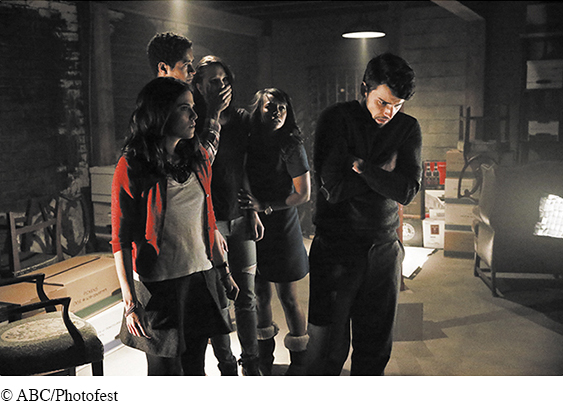1.2 What Is Communication?
Lots of people believe that communication is just common sense. But people are not born knowing how to communicate well. Instead, they become good communicators by learning about communication concepts and theories, building skills, and practicing in their everyday lives. You can take the first step toward becoming a competent communicator by learning what communication is and why it matters.
When you think about communication and the role it plays in your life, what may leap to mind are the various challenges you face. For instance, “How do I make a good first impression?” “Why don’t the other group members listen to my ideas?” or “What can I do to amplify the impact of my presentations?” To answer these questions and meet these challenges, many people rely on intuition. Why? Because they think that communication is “just common sense.”
5
Whether you’re covering up a crime like the law students in How to Get Away with Murder or just meeting a friend for coffee, the messages you convey, the context of the situation, and the channel and media through which you interact all have an impact on your conversation.

But there’s a gulf of difference between a communicator who relies on intuition and one who is highly trained and educated. Communication is like any other knowledge-